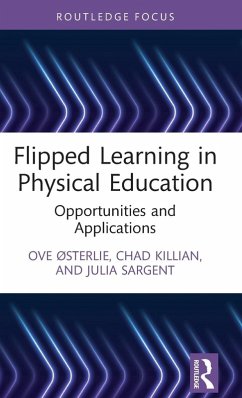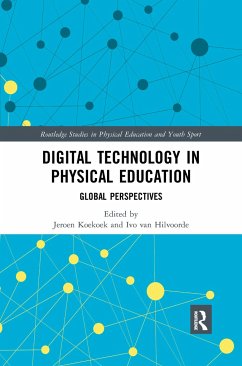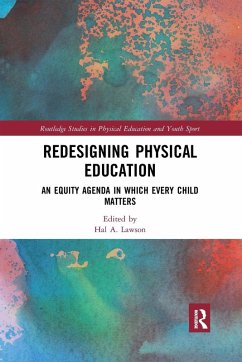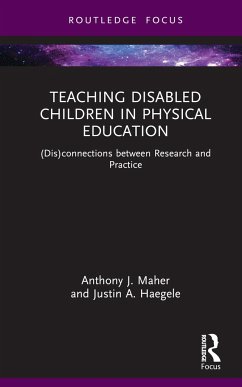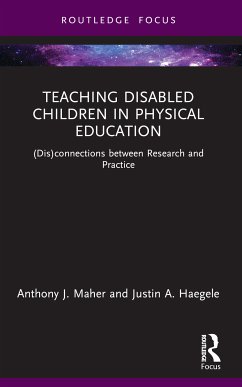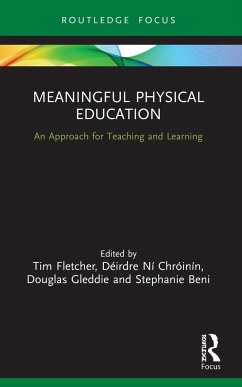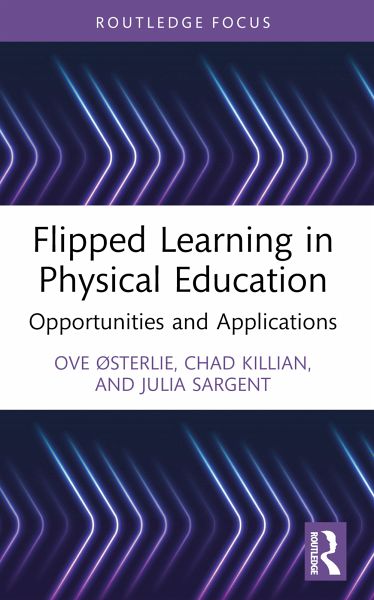
Flipped Learning in Physical Education
Opportunities and Applications
Versandkostenfrei!
Versandfertig in 6-10 Tagen
22,99 €
inkl. MwSt.
Weitere Ausgaben:

PAYBACK Punkte
11 °P sammeln!
This is the first book to introduce flipped learning in the context of physical education. It is a timely exploration of pedagogical approaches that draw on digital technologies that can allow learning online and at a distance to support important learning time for physical activity.The book discusses the role of online and digital technology in education, and physical education more specifically, and examines the key features that define flipped learning, its boundaries, and its format. Drawing on modern learning theories, the book explains why educators and practitioners may choose to use fl...
This is the first book to introduce flipped learning in the context of physical education. It is a timely exploration of pedagogical approaches that draw on digital technologies that can allow learning online and at a distance to support important learning time for physical activity.
The book discusses the role of online and digital technology in education, and physical education more specifically, and examines the key features that define flipped learning, its boundaries, and its format. Drawing on modern learning theories, the book explains why educators and practitioners may choose to use flipped learning and how the approach can improve physical activity opportunities. It also considers the challenges and the guiding principles involved in implementing flipped learning in different countries, cultures, and contexts.
Full of practical guidance, and drawing on cutting-edge research, this book is invaluable reading for all students, researchers,pre-service and in-service teachers, and coaches working in physical education or youth sport.
The book discusses the role of online and digital technology in education, and physical education more specifically, and examines the key features that define flipped learning, its boundaries, and its format. Drawing on modern learning theories, the book explains why educators and practitioners may choose to use flipped learning and how the approach can improve physical activity opportunities. It also considers the challenges and the guiding principles involved in implementing flipped learning in different countries, cultures, and contexts.
Full of practical guidance, and drawing on cutting-edge research, this book is invaluable reading for all students, researchers,pre-service and in-service teachers, and coaches working in physical education or youth sport.





